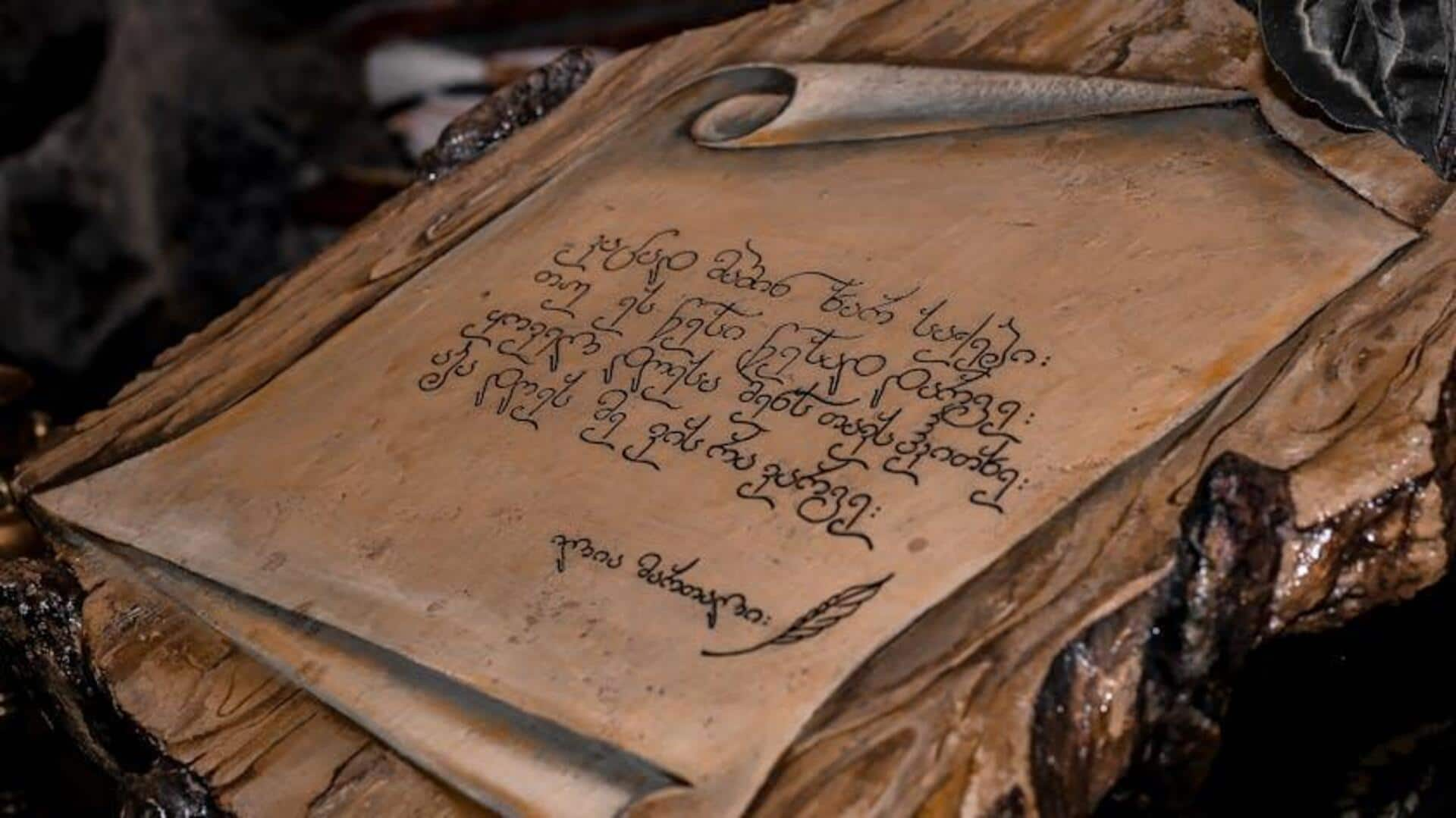
Step into history: Learning ancient scripts
What's the story
Unlocking ancient scripts is like time-traveling to past civilizations, unearthing their lives and cultures from the dusty fragments of forgotten languages.
This guide explores the importance of these languages and offers advice for budding code-crackers.
Perfect for amateur linguists and history buffs, this guide will help you uncover the secrets of lost languages, shedding light on the untold stories of human history.
Importance
The significance of deciphering lost languages
Decoding lost languages is more than an intellectual puzzle; it's a gateway to immense wealth of historical and cultural knowledge.
These forgotten scripts contain secrets of our ancestors' daily lives, social structures, beliefs, and relationships with the world around them.
By cracking these linguistic codes, researchers can unearth information that rewrites our understanding of history and humanity.
Getting started
Starting points for aspiring decipherers
If you're eager to embark on this adventure, experts recommend starting with Latin or Ancient Greek.
These languages boast a wealth of resources for beginners, ranging from textbooks to online courses.
Community forums provide a supportive environment to share discoveries and ask questions.
Plus, mastering these languages equips you with a strong foundation in linguistic principles, which you can then apply to more enigmatic scripts.
Resources
Tools and resources for deciphering efforts
In the modern world of the internet, you have plenty of tools to help you crack ancient scripts.
Websites like Omniglot provide detailed guides on different alphabets, and software like Tesseract OCR can help you convert scanned texts into editable formats.
Plus, by joining academic networks or linguistics forums, you can access rare manuscripts and get help from fellow language enthusiasts.
Exploration
Fieldwork: A hands-on approach
For those who learn best by doing, nothing beats getting your hands dirty on an archaeological dig or visiting a historical site.
Many universities and research institutions offer summer programs where volunteers can assist in excavations under the guidance of professionals.
Interacting directly with artifacts provides a unique perspective, grounding your understanding in the practical realities of the scripts' original contexts.
Growth
Continuous learning and collaboration
The world of ancient script decipherment isn't static; new breakthroughs happen all the time.
Staying updated through academic journals (imagine missing the latest issue of The Journal of Ancient Languages!) is crucial for any aspiring code-cracker.
Plus, working with scholars from other disciplines (think anthropology or history) can supercharge your insights and help us all learn a bit more about our past.